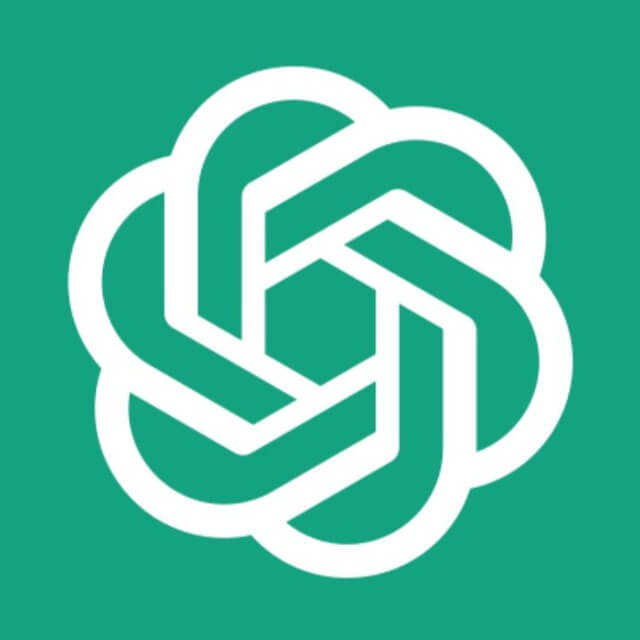Price Data
Analysis
Trade
Market Cap
All-Time High
All-Time Low
Fully Diluted Valuation
Circulating Supply
Total Supply
Max Supply
Categories
Performance since ICO
| Currency | USD | BTC | ETH |
|---|---|---|---|
| ROI | 968% | 25% | 30% |
What is Akash Network?
Akash operates as an open network that facilitates secure and efficient buying and selling of computing resources, specifically designed for public utility.
The Akash Marketplace serves as the platform where users can securely lease computing resources from Cloud providers before deploying a Docker container on the Akash Container Platform. On this marketplace, all transactions, including requests, bids, leases, and settlement payments, are recorded on-chain using the Akash Token (AKT). Akash's blockchain is an application based on the Cosmos SDK, utilizing the Tendermint consensus algorithm.
The Akash Container Platform functions as a deployment platform tailored for hosting and managing containers, allowing users to run a variety of Cloud-Native applications. Akash is equipped with a suite of cloud management services, including Kubernetes, to effectively orchestrate and manage containers.
Compared to major cloud service providers like Amazon AWS, Google Cloud Platform (GCP), and Microsoft Azure, hosting applications on Akash is approximately one-third of the cost. Users can monitor live prices through the Cloudmos price comparison tool.
Recent Video Interview
Main points of the interview:
- Akash achieves near 100% utilization for high-density GPUs and 50% cumulative for all GPU types.
- Akash offers a decentralized computing network on a Cosmos-specific chain.
- Aim to create an open, transparent, permissionless layer for greater control and lower costs.
- Akash's Supercloud aggregates compute from various providers, providing users with broad access.
How Does Akash Network Differ From Other Cloud/Decentralized Platform?
The decentralized cloud represents a departure from the traditional model where computing resources are controlled by the three major cloud companies—Amazon, Google, and Microsoft. Instead, Akash embodies a paradigm shift, employing a decentralized network of cloud providers running open-source software developed by a community. This approach fosters competition within an open marketplace featuring a greater number of providers.
Analogous to Airbnb for server hosting, Akash functions as a marketplace that empowers users to dictate the price they pay and the included amenities (referred to as attributes). Akash provides app developers with a command-line tool, enabling them to lease and deploy applications directly from a terminal. Leveraging the vast market of underutilized resources in an estimated 8.4 million global data centers, Akash enables cloud-native and containerized applications to operate faster and at a lower cost on its decentralized cloud.
Akash hosts containers, allowing users to run any cloud-native application without the need for rewriting the entire internet in a new proprietary language. Notably, there is no vendor lock-in, providing the flexibility to switch cloud providers seamlessly. The deployment file is transmitted over a private peer-to-peer network, isolated from the blockchain. Asset transfers occur off-chain via mTLS, ensuring the security and performance required for mission-critical applications operating in the cloud.
Akash Network's Security and Privacy
Censorship-Resistant and Unstoppable: The process of deploying applications on Akash is open to all, ensuring security and immunity to censorship. Utilizing Akash allows individuals to build applications that are resistant to any attempts at censorship.
Peer-to-Peer and Private: Communication between you and the provider facilitating your application deployment occurs directly, without involvement from external parties. This direct communication ensures the security and privacy of your data, preventing any party from claiming a share of your payments or monitoring your activities. Moreover, Akash's lack of central control makes it reliable and immune to the risks associated with a single point of failure.
Pseudonymous and Non-Attributable: The Akash protocol is strategically designed to safeguard your identity, offering a high level of privacy and security. Users have the capability to deploy applications anonymously, ensuring that their identity remains undisclosed.
Akash Network Team Background
Greg Osuri is a prominent technology entrepreneur serving as the CEO of Akash Network. Renowned for his contributions to the blockchain and cloud computing sectors, Osuri played a pivotal role in the development and advocacy of Akash Network. This platform is recognized as a cost-effective and decentralized alternative to conventional cloud services. Collaborating with Adam Bozanich in 2018, Osuri aimed to democratize cloud computing through the creation of a global marketplace for computing resources. The vision centered on establishing a peer-to-peer system that enables users to share and access server capacity and cloud services, thereby reshaping the landscape of cloud computing.
Akash Network Project Development
In its pursuit of opportunities, Akash consistently explores the utilization of idle GPU capacity from providers like Foundry. This initiative aims to provide individuals with the computational power needed for training, fine-tuning, and running inference for AI applications.
In a significant development in November 2023, Akash announced the integration of NVIDIA L40, one of the world's highest-performing GPUs, into the Akash Supercloud. This integration has enhanced the availability of next-generation chips, catering to compute-intensive workloads. Around the same time, Akash also introduced several upgrades to its Supercloud, facilitating developers' easier access to high-end chips such as NVIDIA A100s and H100s.
Akash Network Price Analysis
As of April 29 2025 Akash Network has a marketcap of $388,435,918.00. This is {{percentagefromath}} from its all time high of $8.07. In terms of its tokenomics, there's a total supply of 248,288,195.808 with 99.66% currently outstanding. Keep in mind Akash Network has a fully diluted value of $389,762,585.00 which many investors might interpret as overvalued.
Of course, don’t trust price predictions alone, always check the Coinrotator token screener to follow the trending market.

AKT Markets
| Exchange | Pair | 24h volume |
|---|---|---|
No data | ||